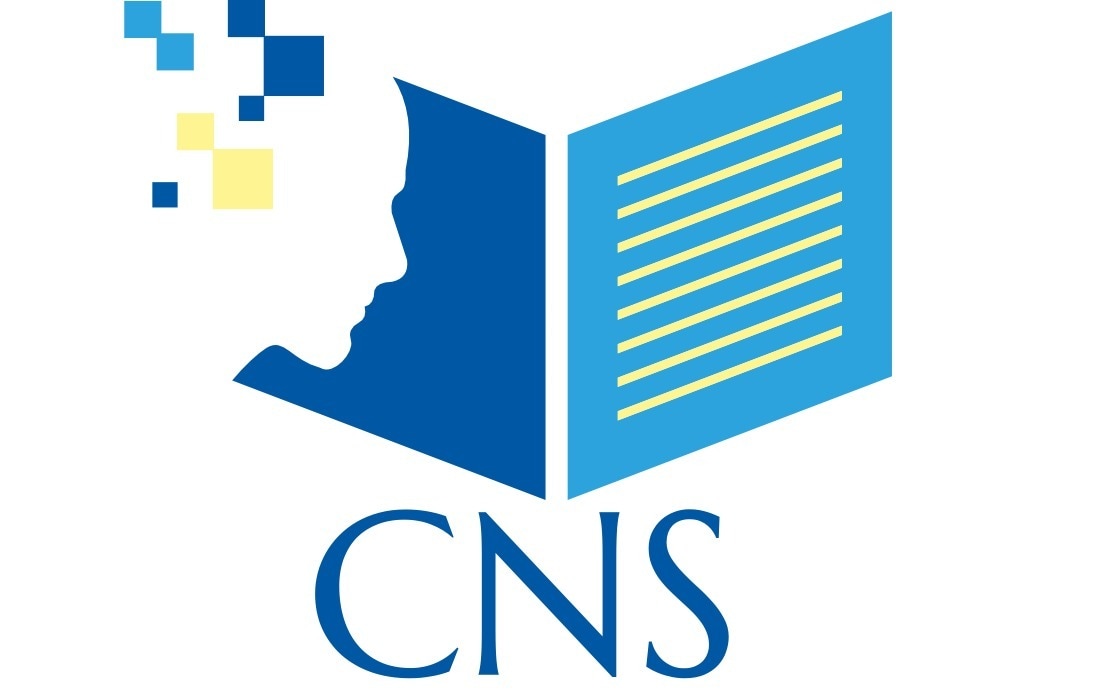The Assessment Appointment: What You Should Know
|
Comprehensive evaluations are usually scheduled for a full day (9:00am - 3:00pm). A lunch break is provided around noon and additional breaks are provided throughout the day as needed. If you/your child are unable to participate for the full day due to difficulties with attention or medical concerns, for example, we will work with you to schedule multiple appointments. The exact amount of time needed will vary depending up the referral question and you/your child's needs. We work to make the assessment process as enjoyable and stress-free as possible. We understand emergencies happen. Should something arise which prevents you from keeping your appointment, please contact us as soon as you are able to discuss this and for arrangements to be made. In the event of inclement weather, you will be contacted should we make the decision to close the office. If you anticipate not being able to make it to your appointment due to the weather, please contact us as early as possible. We will work to reschedule your appointment quickly. |
On the day of the evaluation:
"What should I tell my child?" This depends on how much they will understand. Generally, you should provide a simple explanation that relates to difficulties they are aware of experiencing. For example, if you are seeking an assessment because they are struggling in school, you may say that the day is to learn about why they are having a hard time with reading so that you and their teacher's can find ways to make it less stressful and difficult for them. Communicating that the evaluation is not a punishment, but rather to support them is important. Try and avoid the word "tests" when telling them about the appointment. Instead, try saying "you'll be doing all kinds of different things. Some stuff will be like school and involve answering questions, but other things will be very different and can involve puzzles, pictures, drawing, or telling stories." Reassure them that this is not like a typical doctor's appointment - there are no shots. |
Proudly powered by Weebly

